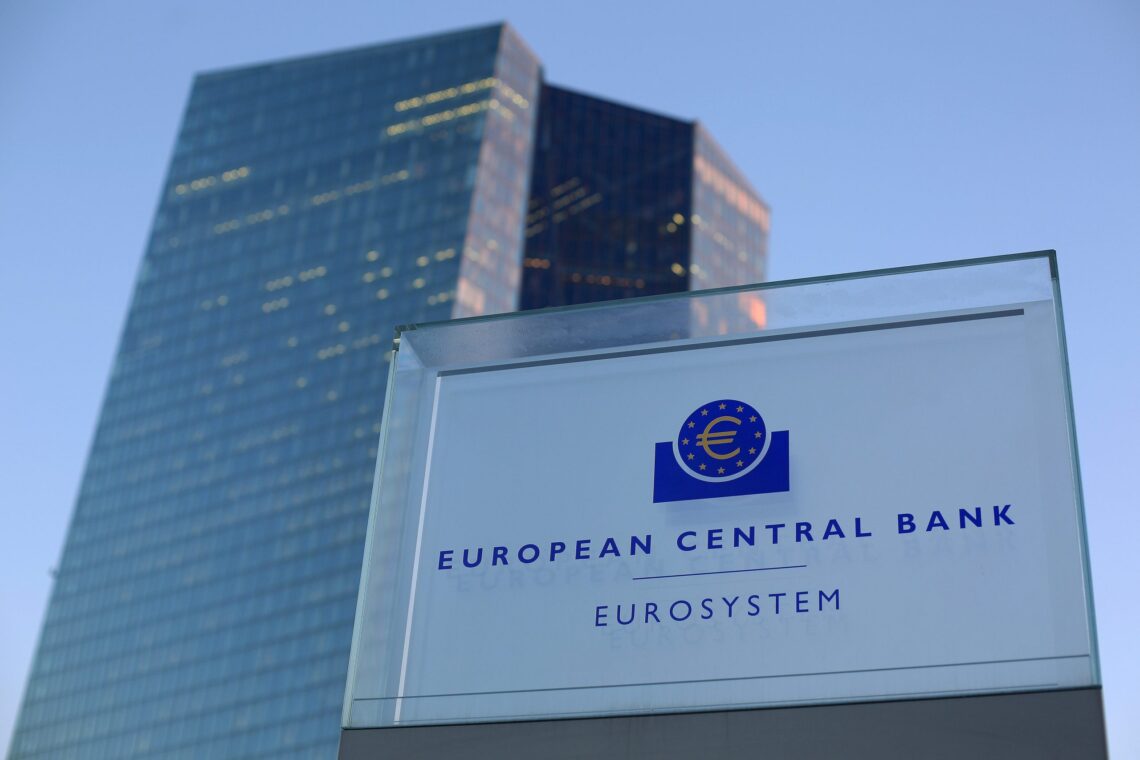The European Central Bank considers it necessary to introduce CBDC
The European Central Bank announced plans to issue its own digital currency by 2026. According to the regulator’s representative Fabio Panetta, the process of developing and launching CBDC is extremely complex and resource-intensive, but the bank has set a goal to implement the project in 4 years.
Now the launch of digital currency is at the stage of preparation, which should be completed by 2023. If everything goes according to plan, EU countries will have three years to test CBDC and then integrate it into their financial system.
According to Panetta, the digital euro will provide an opportunity to strengthen fiat and increase confidence in the traditional currency. CBDC should become a kind of monetary anchor for the EU banking system, which will allow it to function with the digitalization of all global processes. Now more than ever, the European regulator needs to strengthen its position, as its currency has recently lost much of its position due to the failed monetary policy.
Experts hope that the digital euro will become a strong means of payment, which will be convenient for individuals and legal entities, as well as for interbank transactions. The integration of CBDC will make it possible to maintain a balance between private and sovereign assets. The first tests of the European digital currency will be through P2P payments. One of the important issues for the regulator remains the UST algorithmic stable coin. Experts note the vulnerability of this type of currency, and so far experts can not fully solve the problem of guaranteed redemption.
One of the important issues for the regulator remains the UST algorithmic stable coin. Experts note the vulnerability of this type of currency, and so far experts can not fully solve the problem of guaranteed redemption.
For the first time, the main bank of the European Union announced the creation of its own digital currency in 2019, and in 2020 it provided a comprehensive report on the feasibility and peculiarities of such a project.
Last year, the chairman of the European Bank noted that the regulator is well-positioned to develop its own digital currency in 4 years, but for this, the government must approve the project.
The study of the need to launch CBDC began last summer, and in October a working group was created. Its goal was to study the issues of organizing the creation and integration of the digital euro into the EU financial system. Earlier this year, the representatives of the regulator stated that they are ready to begin the development of the CBDC in 2023.
Earlier, the bank representatives presented a preliminary version of how the new currency will ensure the privacy of its holders. In this case, the authors of the project do not consider the introduction of complete anonymity for users as an acceptable scenario, as it may contradict the EU principles on terrorist financing and money laundering. One of the options the experts call the possibility of banks’ access to the data of transactions carried out.










